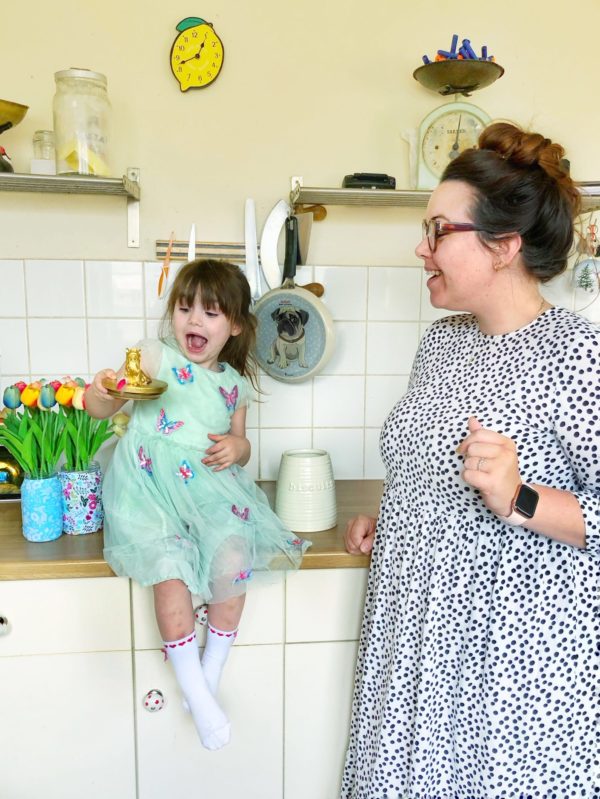
In the journey of understanding fertility, one term that often comes up is ‘low ovarian reserve’. This condition refers to a decrease in the quantity and quality of a woman’s eggs, affecting her reproductive potential.
It is a natural process typically associated with ageing but can also be influenced by genetic factors, medical treatments, and environmental influences. As women age, their ovarian reserve naturally diminishes. This decline is most significant after the mid-30s, leading to a decrease in fertility.
However, for some women, this process occurs at a younger age due to various reasons, including genetic predispositions, autoimmune disorders, or medical interventions like chemotherapy.
The Role of Ovarian Reserve Testing
A critical aspect of assessing fertility is ovarian reserve testing. This process involves a series of tests that evaluate the number of eggs a woman has at a given time. These tests are vital for understanding a woman’s reproductive health and planning for pregnancy, particularly in cases of assisted reproductive techniques like IVF (In Vitro Fertilization).
The most common methods of ovarian reserve testing include Antral Follicle Count (AFC) via ultrasound and blood tests measuring Anti-Müllerian Hormone (AMH) levels.
Causes and Risk Factors
Identifying the causes and risk factors of low ovarian reserve is essential for both prevention and treatment. Factors that can contribute to this condition include:
- Age: The most significant risk factor, as the quality and quantity of eggs naturally decrease over time.
- Genetic Factors: Certain genetic conditions, like Turner syndrome or Fragile X syndrome, can affect ovarian reserve.
- Medical Treatments: Treatments such as chemotherapy or radiation can harm the ovaries.
- Surgical History: Ovarian surgeries for conditions like endometriosis or ovarian cysts may impact the ovarian reserve.
- Lifestyle Factors: Smoking, excessive alcohol consumption, and extreme weight fluctuations can also negatively affect ovarian health.
Treatment Options and Management
When it comes to treating low ovarian reserve, the approach is often multifaceted and individualised. Treatment options include:
- Fertility Medications: Drugs that stimulate the ovaries can help in producing more eggs. However, their effectiveness may vary depending on the individual’s ovarian reserve status.
- Assisted Reproductive Technologies (ART): Techniques like IVF can be beneficial, especially when combined with pre-implantation genetic testing.
- Egg Donation: For women with significantly low ovarian reserve, using donor eggs can be an effective alternative.
- Lifestyle Changes: Improving diet, managing stress, and quitting smoking can positively impact overall fertility health.
The Psychological Aspect
The emotional and psychological impact of dealing with low ovarian reserve should not be underestimated. It can be a source of significant stress, anxiety, and depression for many women. Seeking support from counselling, support groups, or mental health professionals is crucial in managing these emotional aspects.
Research and Future Perspectives
Ongoing research is continuously shedding light on new aspects of ovarian reserve and fertility. Advances in reproductive medicine may offer more effective treatments in the future. Genetic research, for instance, is exploring the possibilities of identifying women at risk of early ovarian ageing, allowing for earlier intervention.
The Path Forward
In summary, while low ovarian reserve poses challenges, there are multiple pathways to manage and treat this condition. The key lies in early detection, personalised treatment plans, and a holistic approach addressing both physical and emotional well-being.
As research evolves, the hope for improved treatments and outcomes continues to grow, offering a ray of hope to those grappling with this aspect of their fertility journey.


